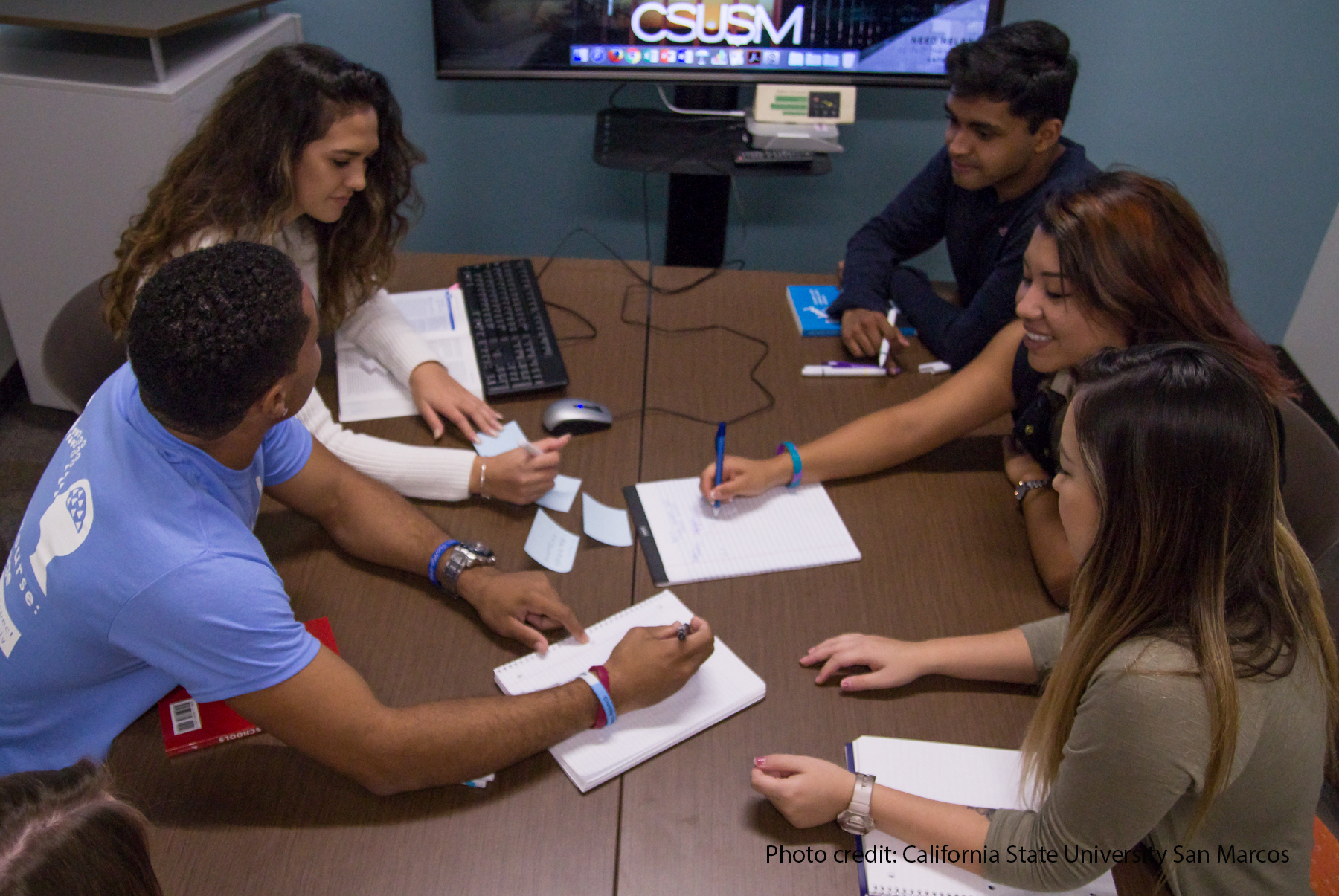Over the last few decades, diversity courses have proliferated at colleges and universities across the country, stemming from the vast amount of research pointing to the benefits of culturally inclusive content and pedagogy on student outcomes. Concurrently, institutions continue to receive criticism for their inability to promote inclusivity and equity, which has been highlighted in countless cases of minoritized students experiencing harassment and discrimination. This study, presented at the 2018 AERA annual meeting, sought to better understand the relationship between pedagogy and coursework that include culturally inclusive content, and student educational gains and perceptions of the institutional commitment to diversity, inclusion, and equity goals.
Both the National Survey of Student Engagement (NSSE) and the Faculty Survey of Student Engagement (FSSE) added the Inclusiveness and Engagement with Cultural Diversity (ICD) Topical Module in 2017, which features questions asking how much coursework emphasizes inclusive and culturally engaging activities, how much respondents' institutions emphasize various aspects of inclusivity, and how much their institutions provide a supportive environment for various forms of diversity. We also looked at the relationship between the ICD module and the perceived gains items on the NSSE survey, which have complementary items on the FSSE.
Our results point to a positive relationship between students' coursework emphasizing inclusivity and engagement with cultural diversity and students' perceived gains in personal and social development. In particular, the strongest relationship occurred between inclusive and culturally engaging coursework and students gaining an understanding of people with different backgrounds and being an active and informed citizen. For example, students whose coursework emphasized respecting the expression of diverse ideas reported greater gains in understanding people of other backgrounds. For faculty the relationships were similar, but the greatest relationship for faculty occurred between the emphasis on inclusive and culturally engaging coursework and faculty's goals for students to develop or clarify their personal code of values or ethnics and the goal of understanding people of other backgrounds. For example, faculty whose courses emphasize students sharing their perspective also emphasize having students develop their own personal code of values and ethics.
We also examined the relationship between an institution's emphasis on inclusivity and anti-discrimination, students' perceptions of the institutions support for various forms of diversity, and faculty goals regarding inclusive and culturally engaging coursework. After controlling for a variety of student demographics and characteristics, we found that students who perceived their institutions as emphasizing an inclusive environment and anti-discrimination more frequently experienced inclusive and culturally engaging coursework. The same held true for faculty, although less strongly. Students who perceived that their institutions more strongly emphasize inclusive environment and anti-discrimination practices felt that their institutions were also more supportive of various forms of diversity (e.g., race/ethnicity, gender).
While this study confirms past research findings regarding the benefits of culturally inclusive content and pedagogy on students' development, it also expands the conversation to include how the perceptions of institutional inclusive efforts impact student and faculty involvement with culturally inclusive coursework. Recognizing that the way an institution is perceived regarding inclusion efforts impacts student and faculty engagement with culturally inclusive coursework can provide administrators valuable insights.


